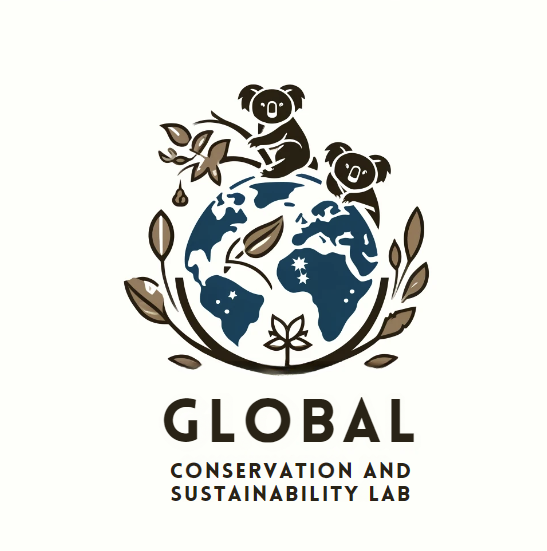Our research spans fundamental research assessing the impact of landscape change on biodiversity and ecosystem services, to applied policy and management questions, to broader global sustainability issues such as the impact of international trade.
Global sustainability challenges & solutions
We address global sustainability challenges through our research on ecosystem services and the role of international trade in driving environmental and socioeconomic outcomes. We are particularly interested in how processes operating at the global scale (e.g., trade) interact with local-scale processes (e.g., land-use change) and what the implications are for environmental policy setting with respect to the UN’s Sustainable Development Goals.
We also lead research on biodiversity and carbon markets, which are increasingly being used to incentivise conservation and sustainable practices worldwide.
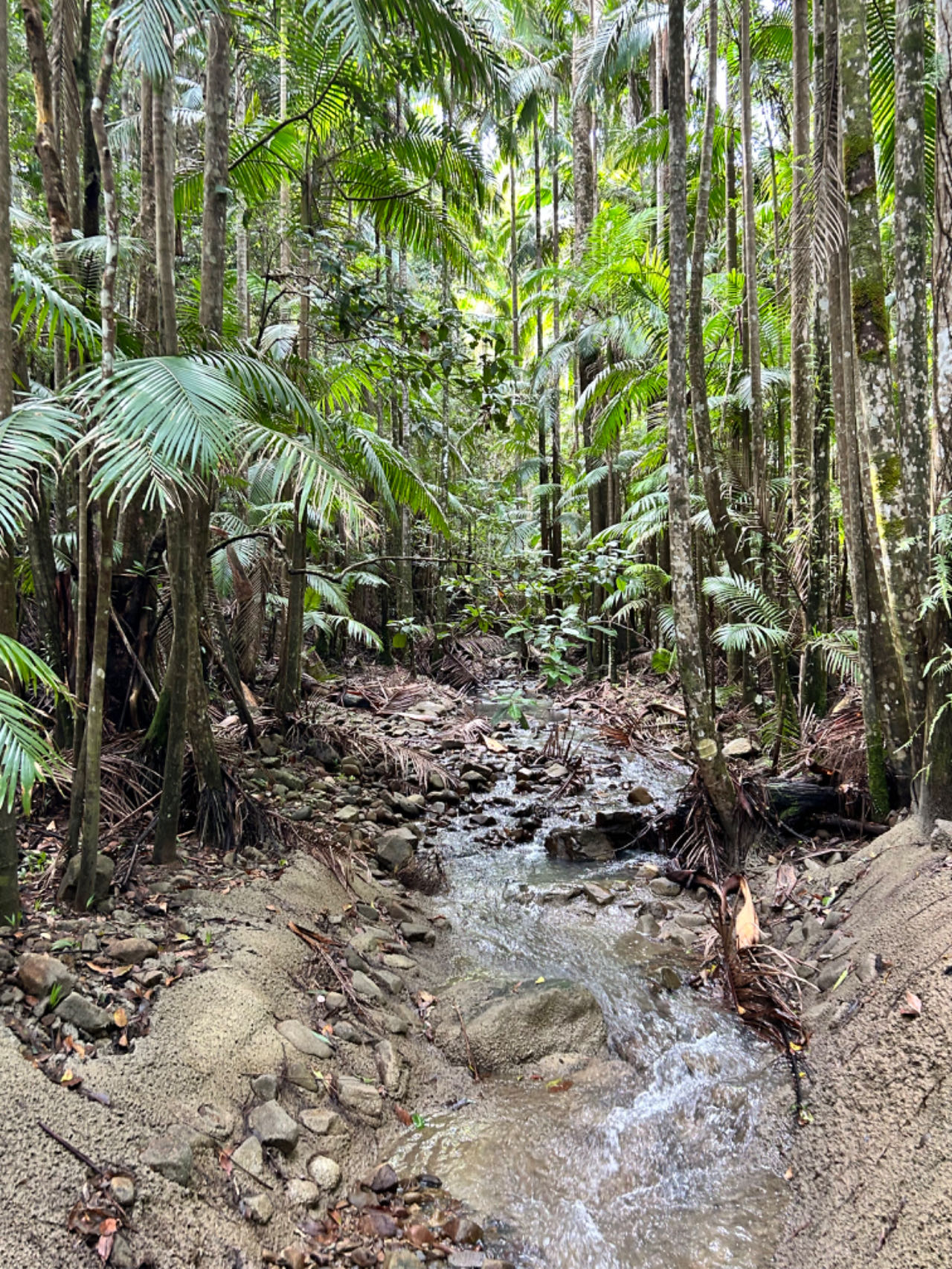
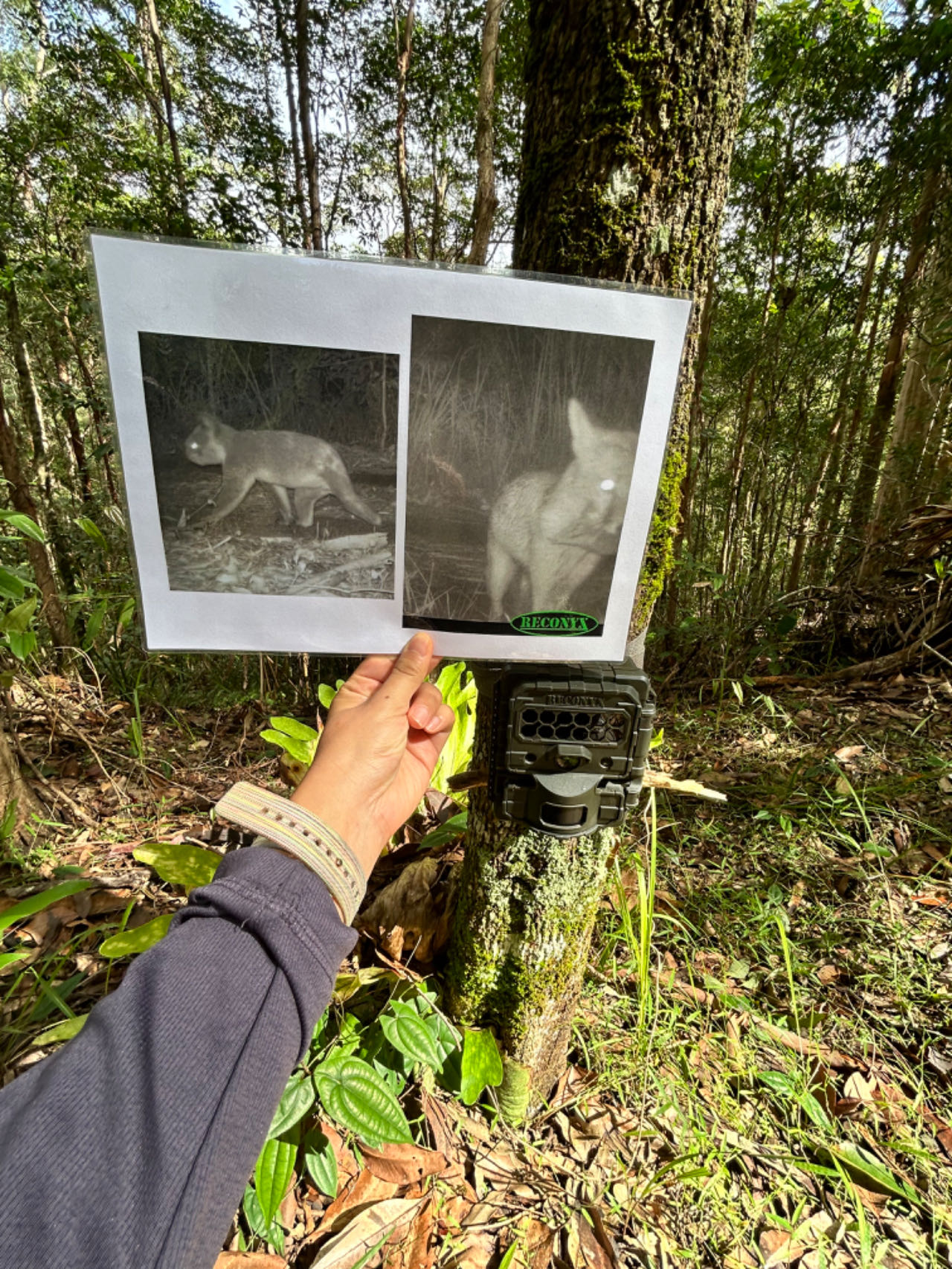
Conservation policy, planning & management
Our research aims to inform and enhance decision-making for biodiversity, threatened species and ecosystem services. We use decision analysis, spatial conservation planning approaches, and policy analysis to achieve this with a focus on ecological, economic and social trade-offs. We are particularly interested in conservation on private land, including the effectiveness of land clearing and offset regulation and how to design adaptable private land conservation programs in response to climate change while emphasising effective landholder engagement.
Seascape & landscape ecology
Our research also focuses on fundamental landscape and seascape ecology in both rural and urban settings. This includes understanding the impact of habitat loss and fragmentation on biodiversity and threatened species and the spatial dynamics of coastal ecosystems including mangroves and saltmarsh. We also work on the implications of climate change and how this interacts with landscape change arising from habitat loss and restoration. Our goal is to understand the fundamental drivers of biodiversity change at landscape scales.

Key projects

Funded by: Australian Research Council Future Fellowship
Delivering Benefits from Nature in a Highly Connected World
This project aims to understand the implications of international trade and other global connections for biodiversity and ecosystem services.
Key partners: University of Minnesota, National University of Singapore, University of Melbourne, University of Exeter, Chinese Academy of Sciences, iDiv
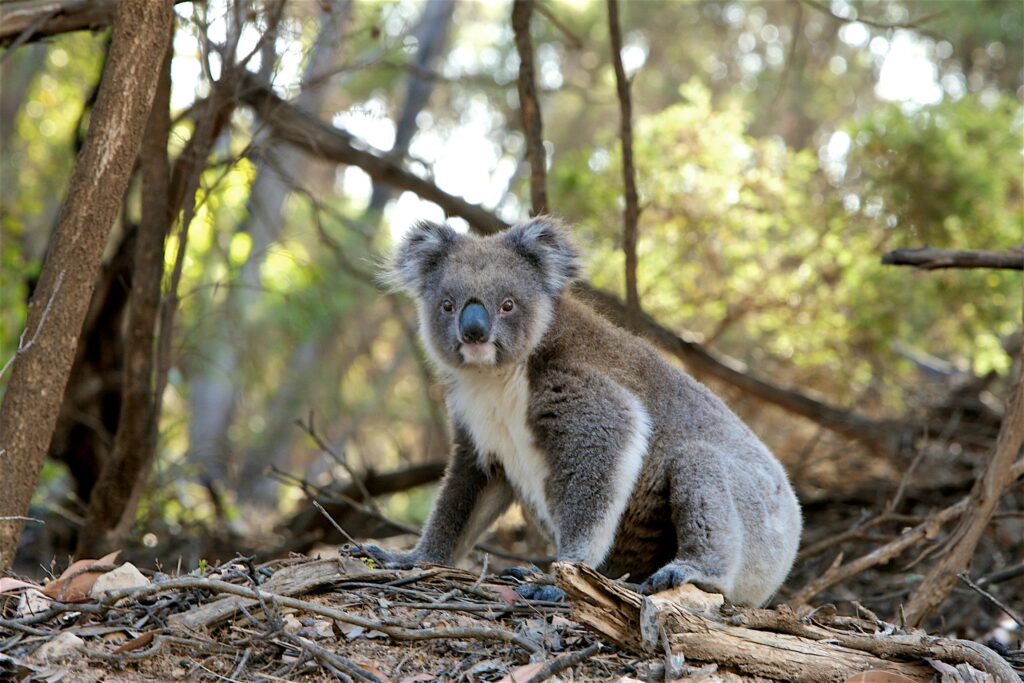
Funded by: New South Wales Koala Strategy
Understanding Drivers and Identifying Solutions to Koala Habitat Loss and Degradation
This project aims to assess policy and regulatory impacts on koala habitat loss using causal inferences and assess potential solutions.
Key partners: New South Wales Department of Climate Change, Energy, the Environment and Water, NSW Koala Strategy

Funded by: Australian Research Council Linkage Project
Private Land Conservation in a Dynamically Changing and Risky World
This project aims to understand how to design robust private land conservation programs under climate change, accounting for both ecological processes and landholder preferences.
Key partners: New South Wales Department of Climate Change, Energy, the Environment and Water, New South Wales Koala Strategy, Biodiversity Conservation Trust, Tweed Shire Council
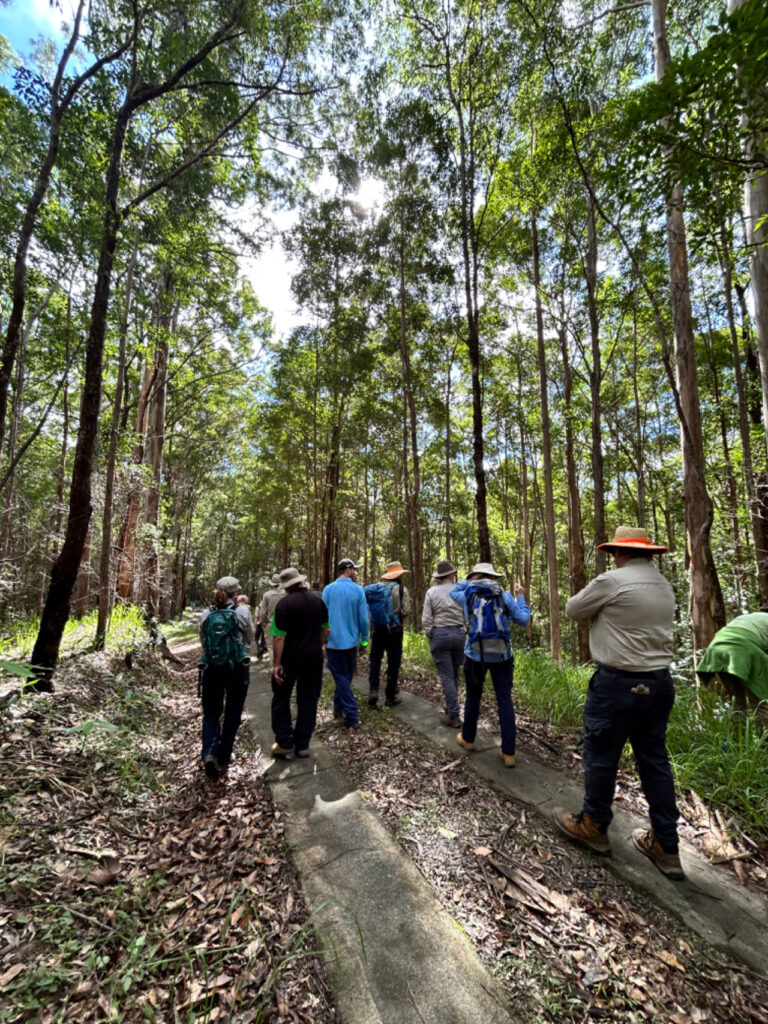
Funded by: Queensland Department of Environment Science and Innovation
South East Queensland Koala Survey Analysis
This project is using Bayesian statistical models to estimate trends in koala abundance for South East Queensland.
Key partners: Queensland Department of Environment Science and Innovation
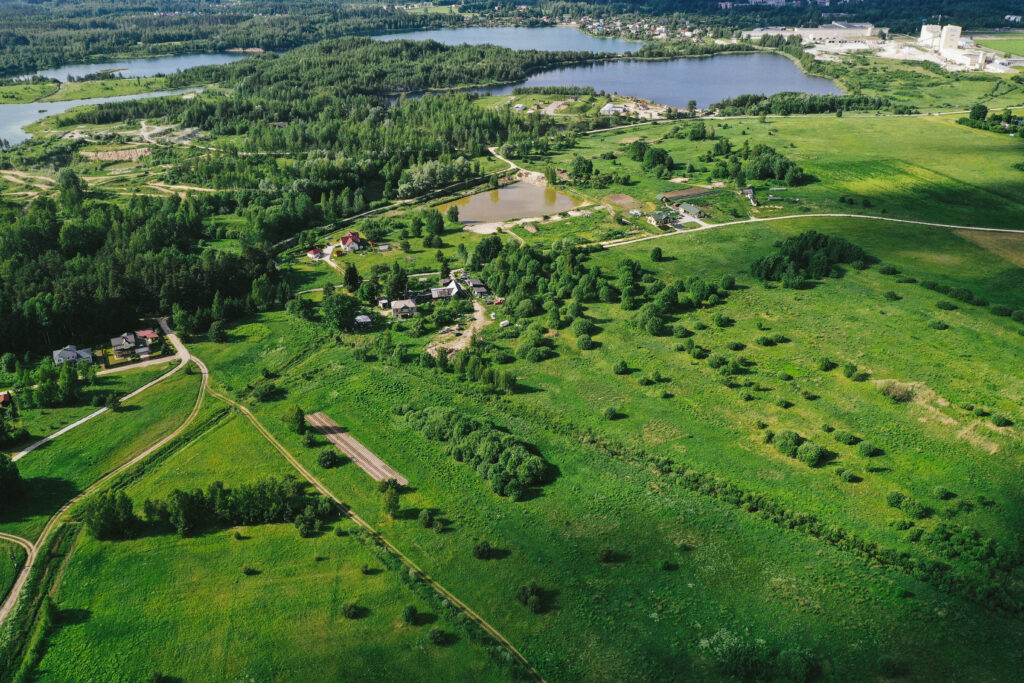
Funded by: Queensland University of Technology
Sparing Land for Biodiversity
This project aims to assess global strategies for spare land for biodiversity and feedback from agricultural land-use change.
Key partners: National University of Singapore, University of Trento
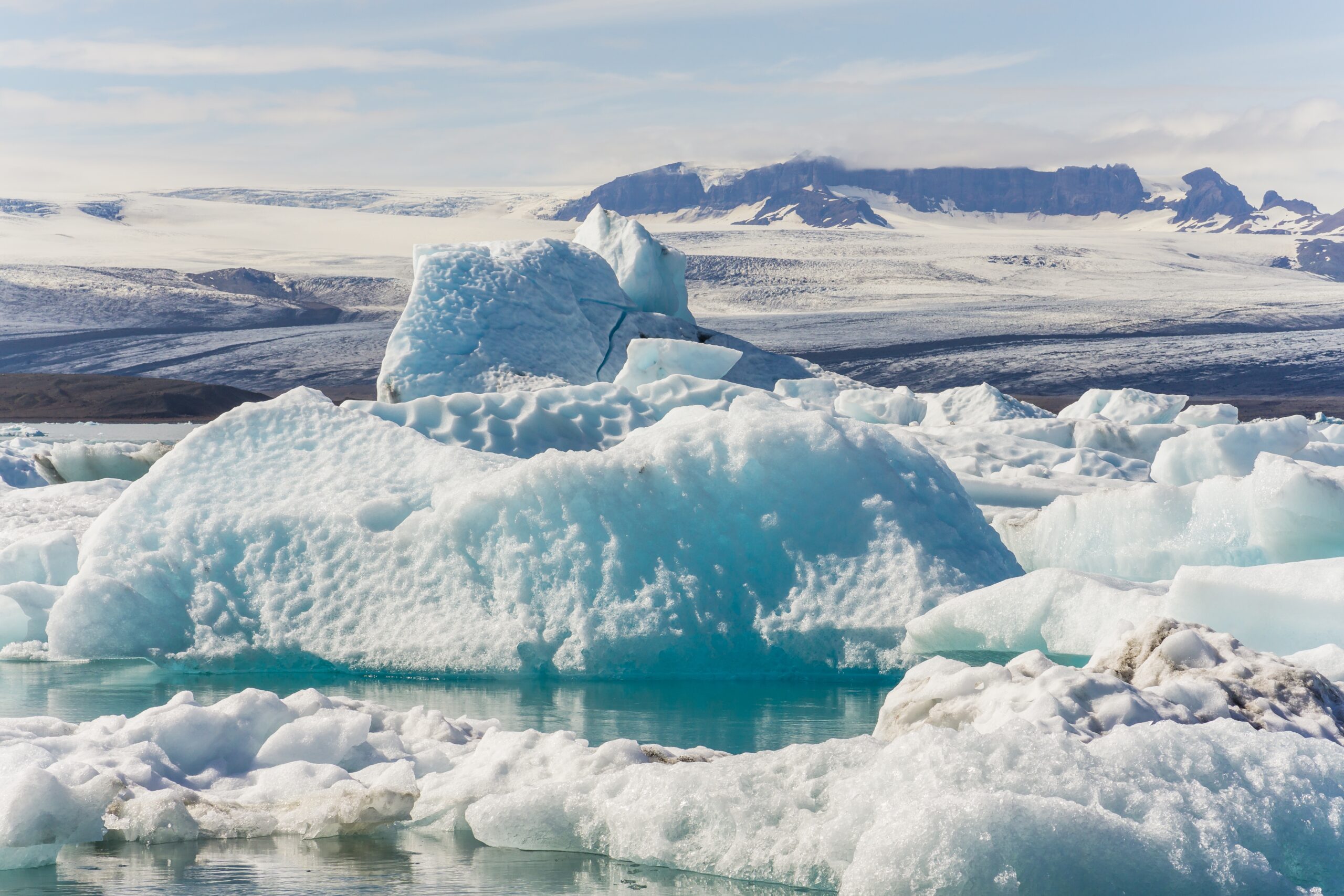
Funded by: Australian Research Council Special Research Initiative
This project aims to strengthen Antarctic science, policy and governance at a time of rapid environmental and geopolitical change.
Key partners: Monash University, University of Adelaide, Australian Antarctic Division
